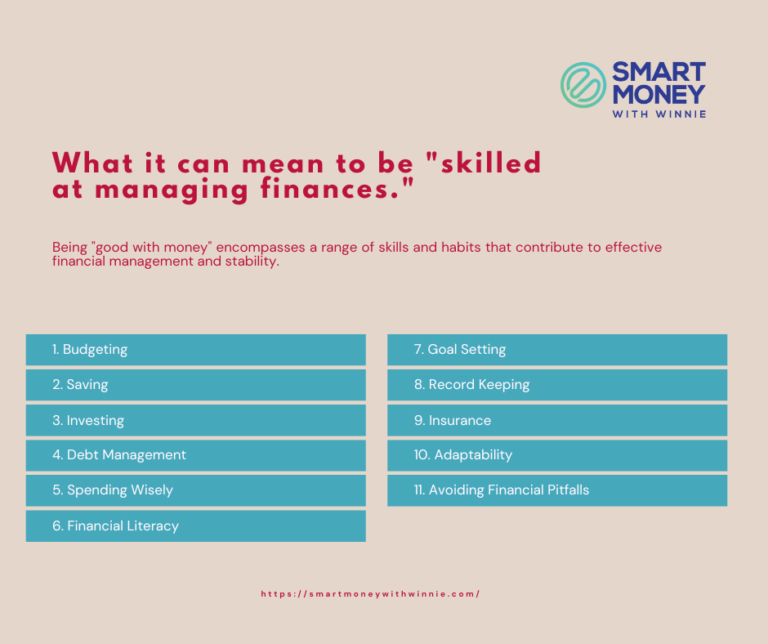Some Simple Strategies for a Solid Financial Foundation

Establishing a solid financial foundation is crucial for long-term financial stability and success. By following simple strategies, you can lay the groundwork for a healthy and secure financial future.
Some simple strategies for establishing a solid financial foundation include creating a budget, tracking expenses, being diligent about timely payments, saving money, investing for the future, periodically checking your credit report, and being proactive about financial literacy. Good financial management starts with understanding your income and expenses and then creating a budget to allocate your money effectively. By being disciplined about tracking expenses and making timely payments, you can avoid unnecessary fees and debt. Additionally, saving money and investing for the future can help you build wealth and achieve your long-term financial goals. By taking these steps and being proactive about financial literacy, individuals can establish a solid financial foundation that will support their long-term stability and success.
Remember, building a solid financial foundation takes time and discipline. Start with these simple strategies and adjust them as your life and goals evolve.
- Set clear financial goals: What do you want to achieve financially? Owning a home, traveling the world, or retiring comfortably? Having clear goals will help you prioritize your spending and savings.
- Creating a budget: This involves understanding your income and expenses and prioritizing your spending to ensure that you are living within your means. Create a budget that allocates your income towards your income and expenses, leaving room for savings.
- Tracking expenses: Keeping track of where your money is going can help you identify areas where you can cut back and save. Understanding where your money goes is crucial. Track your expenses for a month and categorize them into needs (rent, groceries), wants (entertainment, dining out), and debt payments.
- Being diligent about timely payments: Paying bills on time helps to avoid late fees and penalties, as well as maintain a positive credit history.
- Pay down high-interest debt: High-interest debt, like Fuliza, and Mobile Loans, can quickly eat away at your financial progress. Focus on paying off these debts first, using methods like the debt snowball or avalanche.
- Build an emergency fund: Aim to save 3-6 months of living expenses to cover unexpected costs like car repairs or medical emergencies. This will prevent you from going into debt in such situations.
- Automate your finances: Set up automatic transfers for savings and bill payments. This ensures you stay on track with your financial goals and avoid late fees.
- Live within your means: Avoid lifestyle inflation, where you increase your spending as your income rises. Resist the urge to keep up with your social media followers and prioritize saving for your future.
- Being prudent about saving money: Setting aside a portion of your income for savings can provide a financial safety net and help you achieve your long-term goals.
- Investing for your future: Putting money into investments that have growth potential can help you build wealth and achieve financial goals like retirement.
- Being proactive about financial literacy: Taking the time to educate yourself about personal finance topics such as budgeting, debt management, and investing can empower you to make informed financial decisions and improve your overall financial well-being. Continuously learn about personal finance. Read books, listen to podcasts, and take advantage of free resources available online or through your local library.
- Seek professional guidance: If you need help creating a financial plan or managing your investments, consider consulting a financial advisor.
The Bottom Line
By implementing these simple strategies, you can lay a solid foundation for your financial well-being and work towards achieving your financial goals. Remember that consistency and discipline are key to long-term financial success.
Early financial literacy provides an individual with the knowledge and tools they need to succeed financially later on in life. Poor financial literacy can result in unsustainable debt, whether due to poor spending habits or poor long-term planning. Poor credit can lead to bankruptcy, foreclosure, or worse. The goal of financial literacy as a whole is to teach people how to make money, spend money, save money, borrow money, and keep money safe.





